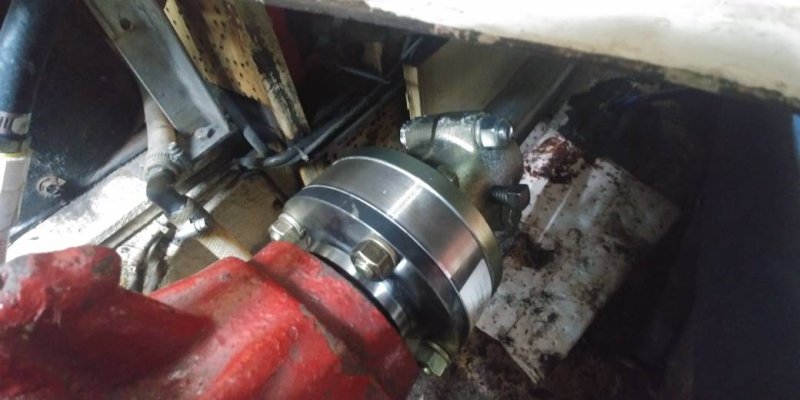TrawlerGreg
Member
- Joined
- Sep 17, 2022
- Messages
- 14
- Vessel Name
- We Are!
- Vessel Make
- Helmsman 38
First post and thanks in advance to community.
Attending boat shows with wife as we prepare for cruising life in next 2-4 years. Identified trawlers as our preferred platform (liveability, no rushing around, shallow draft, etc) with East Coast, Bahamas and perhaps into Caribbean (USVI, BVI) as cruising grounds. Great loop an interest too. Looking at a range of brands (Kadey Krogen, Krogen Express, Norhavn, Helmsman, etc).
QUESTION: I'm leaning towards twin diesels for redundancy, safety - all the talking points from the twin engine crowd - that is comforting to me. That said, i really lean in and listen to the single engine trawlers group that say it's no necessary due to sea tows, cell /satellite services and so on. "The only thing that stops these diesels is bad fuel."
Am i wrong in thinking twin diesels is the way to go and the liklihood of failures across two engines is near impossible? I know this is a common question, thanks in advance.
Thanks!!
Attending boat shows with wife as we prepare for cruising life in next 2-4 years. Identified trawlers as our preferred platform (liveability, no rushing around, shallow draft, etc) with East Coast, Bahamas and perhaps into Caribbean (USVI, BVI) as cruising grounds. Great loop an interest too. Looking at a range of brands (Kadey Krogen, Krogen Express, Norhavn, Helmsman, etc).
QUESTION: I'm leaning towards twin diesels for redundancy, safety - all the talking points from the twin engine crowd - that is comforting to me. That said, i really lean in and listen to the single engine trawlers group that say it's no necessary due to sea tows, cell /satellite services and so on. "The only thing that stops these diesels is bad fuel."
Am i wrong in thinking twin diesels is the way to go and the liklihood of failures across two engines is near impossible? I know this is a common question, thanks in advance.
Thanks!!






